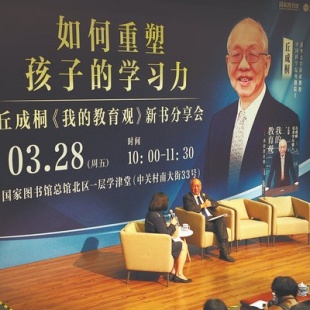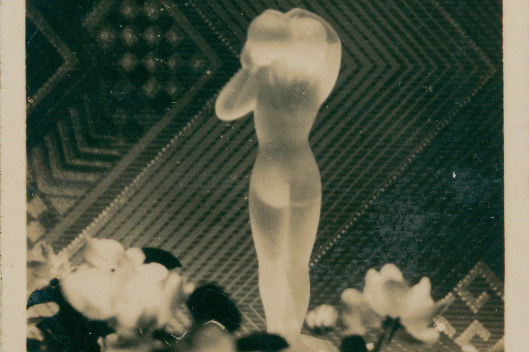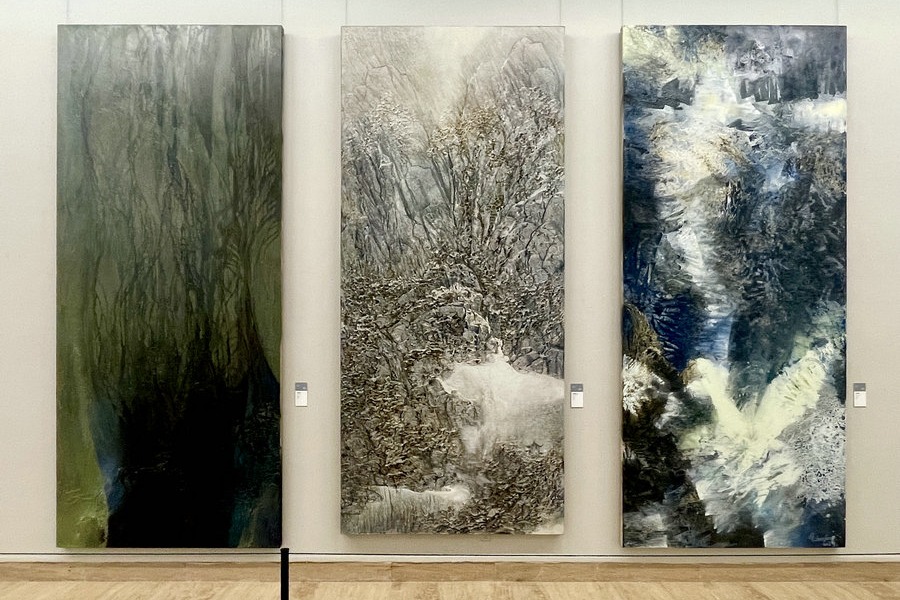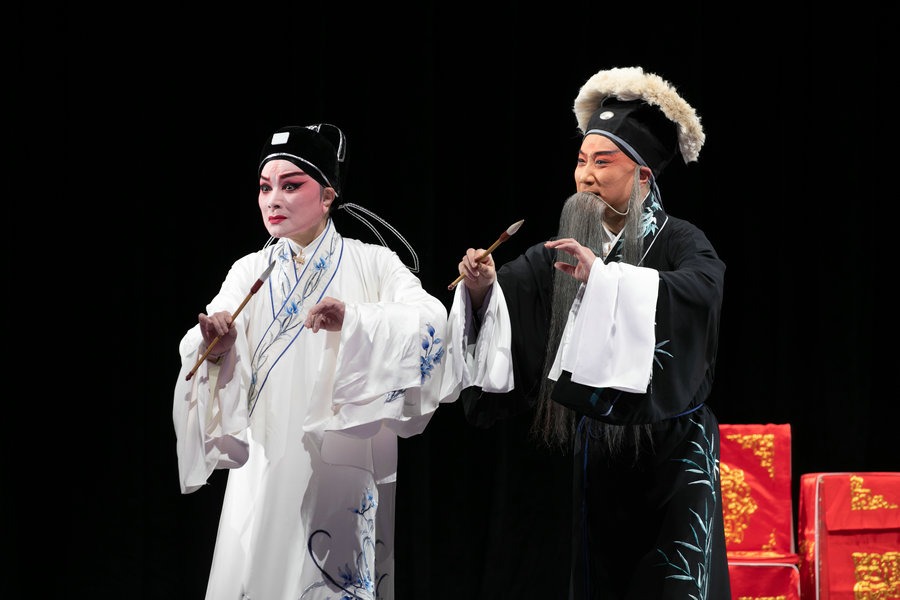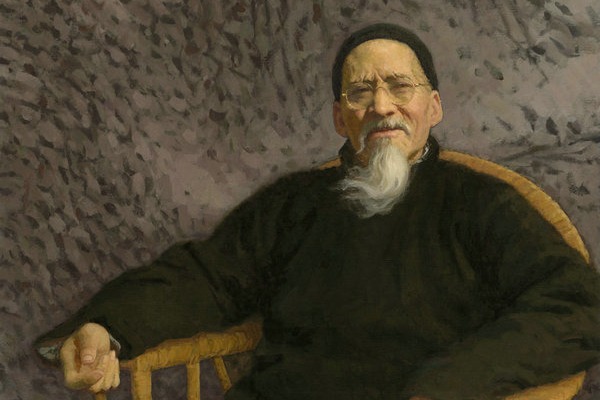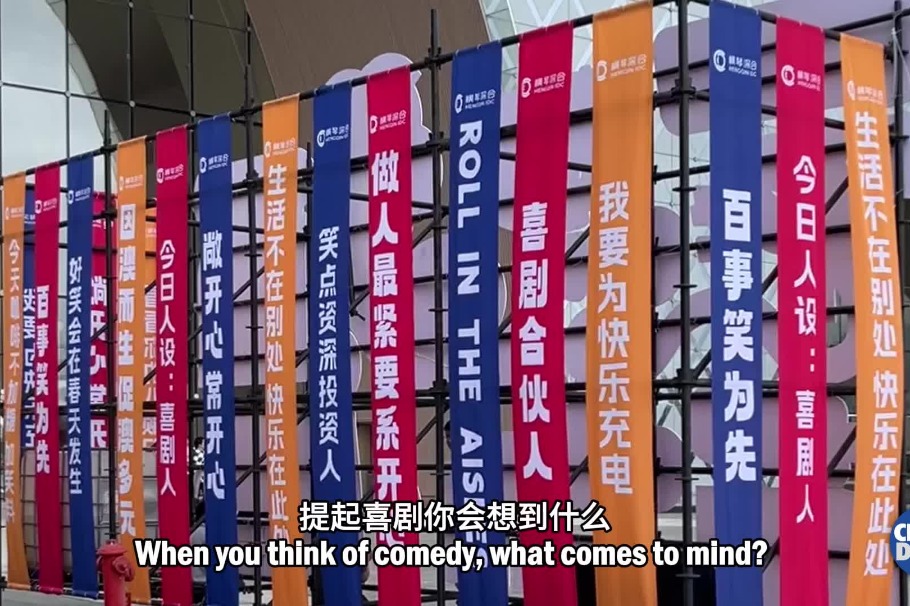Molding the young minds of tomorrow
Chinese-born Fields Medal winner expounds on his educational philosophy in new book, Wang Qian reports.

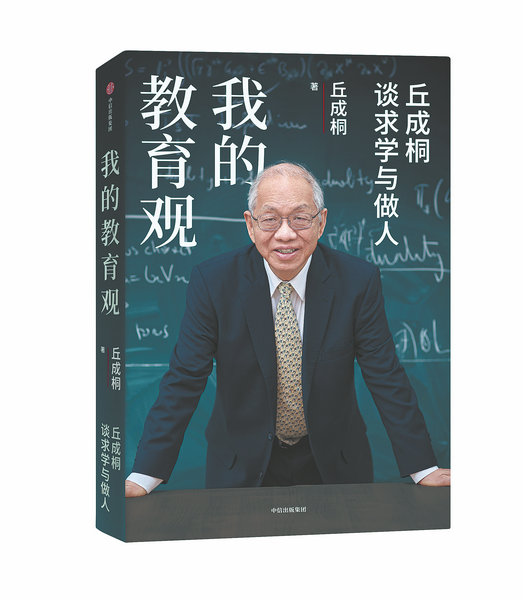
Chen Wei, chairman of the CITIC Press Group, speaks highly of the book, calling it "a response to the urgent need for educational reform that blends rational analysis with literary warmth to fill a gap in foundational education discourse".
Huo Ruijuan, deputy director of the National Library of China, praises Yau's dual legacy. "Not only has he made outstanding contributions to mathematics, but he has also demonstrated a deep insight and persistent pursuit of education. My Views on Education reveals the essence and power of learning through his rich practical experience."
Growing up in Hong Kong with limited educational resources, Yau reflects on how libraries shaped his academic journey.
"My secondary school had no library, so I often spent hours reading in bookstores," he recalls. It was only in university that he discovered the wealth of knowledge libraries offered.
"The atmosphere of a library — undisturbed, surrounded by books — allowed me to delve deeply into mathematics. My doctoral thesis was born during solitary Christmas breaks in the library," he says.
With refreshing candor, Yau says that he didn't always ace mathematics exams in secondary school. "I didn't score perfect marks every time, but the joy of solving problems was far more important than grades," he says.
This philosophy later extended to his parenting approach. Using his eldest son as an example, Yau adds: "He was good at math, but I noticed his eyes didn't light up for it like they did for experiments. Now he's a tenured professor at Harvard University — just in a different field. Excellence comes in many forms."
Addressing the perennial debate about talent versus hard work, Yau offers a precise formula. "Natural ability accounts for 30 percent, while effort makes up the remaining 70 percent. But without passion, neither can reach its full potential."
His educational philosophy centers on curiosity and respecting cultural traditions. He credits his parents — particularly his philosopher father — for instilling in him a love of literature and philosophy, which enriched his later mathematical insights.
He highlights the importance of humanities in scientific training, particularly in early education. As for mathematics, he says the basics taught in elementary school are sufficient, while true mathematical learning should begin later, around junior middle school.


